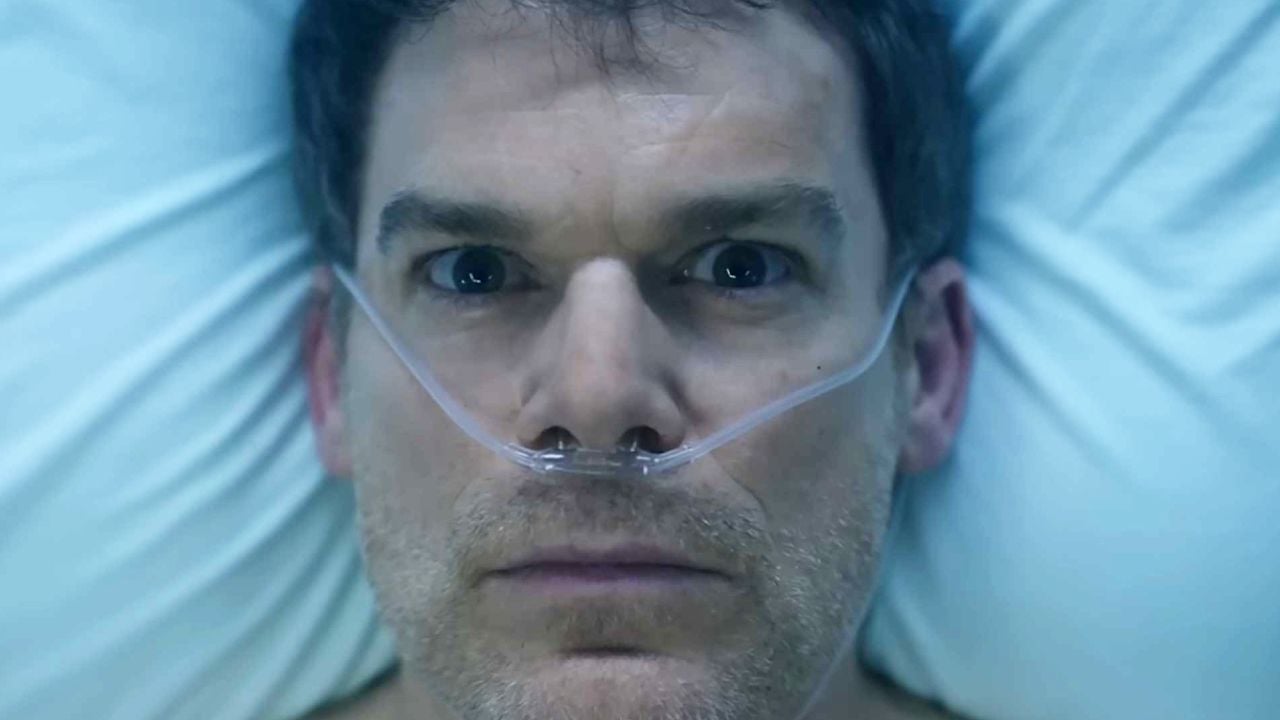The expert emphasizes that supplementation should be carried out according to the patient’s needs, the severity of the deficiency and the individual’s health condition
Presenter Angélica has stated in interviews that she replaces vitamin C. Actress Bruna Marquezine takes vitamin B12 supplements. However, the two also underlined to follow the instructions of health workers depending on the need for replacement. Dr. Cíntia Machado (CRM-RS 45.813) clarifies that vitamins are organic compounds essential for the proper functioning of the human body. She points out that vitamins do not directly provide energy, but play a crucial role in various metabolic reactions and biological processes, such as energy production, body defense and cell growth.
According to the expert, the human body cannot produce all the vitamins it needs, and these must be obtained through nutrition or, when necessary, through supplements. Among the most important vitamins for the body stand out:
Vitamin A (retinol): It is essential for healthy vision, the functioning of the immune system and the maintenance of the skin and mucous membranes. It can be found in foods such as liver, carrots, sweet potatoes, spinach, cabbage, eggs and milk. Its deficiency can cause night blindness, dry skin and increased vulnerability to infections.
Vitamin B1 (thiamine): It is essential for carbohydrate metabolism and energy production. Rich sources of thiamine include meat, whole grains, beans, nuts and seeds. Its deficiency can cause beriberi, a condition that affects the nervous and cardiovascular systems, causing weakness and tiredness.
Vitamin B2 (riboflavin): It is important for the metabolism of carbohydrates, fats and proteins, as well as contributing to skin and eye health. Foods such as milk, eggs, meat, spinach and mushrooms are good sources of vitamin B2. A deficiency can lead to problems such as inflammation at the corners of the mouth, skin lesions and visual difficulties.
Vitamin B3 (niacin): it is involved in energy metabolism and the functioning of the nervous and digestive systems. It is found in meat, fish, chicken, legumes, nuts and whole grains.
Vitamin B6 (pyridoxine): It is essential for protein metabolism and neurotransmitter production, influencing the proper functioning of the nervous system. Sources of this vitamin include meat, fish, potatoes, bananas, nuts and seeds. Vitamin B6 deficiency can lead to neurological problems, irritability and even anemia.
Vitamin B12 (cobalamin): It is necessary for the formation of red blood cells and for the functioning of the nervous system. It is mainly present in foods of animal origin, such as meat, fish, eggs and dairy products. Its deficiency can cause pernicious anemia and serious neurological problems, such as tingling in the hands and feet.
Vitamin C (ascorbic acid): It is a powerful antioxidant that helps heal wounds, strengthen the immune system and form collagen. Citrus fruits, strawberries, kiwis, peppers and broccoli are rich sources of this vitamin. A deficiency can lead to scurvy, with symptoms such as tiredness, bleeding gums and difficulty healing.
Vitamin D: Essential for bone health, it helps the body absorb calcium and phosphorus. It can be obtained through sun exposure and is found in fatty fish, eggs and fortified foods. Vitamin D deficiency can lead to rickets in children and osteomalacia in adults, weakening bones and increasing the risk of fractures.
Vitamin E (tocopherol): it is an antioxidant that protects cells from damage caused by free radicals. It is found in vegetable oils, nuts, seeds and green leafy vegetables. Its deficiency, although rare, can cause neurological and muscular problems, such as weakness and coordination difficulties.
Vitamin K: It is vital for blood clotting and bone health. Sources of this vitamin include green leafy vegetables, broccoli, liver and vegetable oils. A lack of it can lead to excessive bleeding and clotting problems.
Dr. Cintia Machado – Photographic advertising
Oral or injectable supplementation
According to the doctor, oral supplementation is the most common and is recommended for mild to moderate deficiencies, as well as being more convenient and easily accessible. However, Cíntia notes that the absorption of some vitamins may be slower when taken orally.
In cases of severe deficiencies or when the body has difficulty absorbing nutrients, the specialist says injectable injections may be necessary, such as in the case of vitamin B12 deficiency. However, after correction, the oral form can be maintained. “Oral supplementation is generally the preferred choice as it is more practical and effective in most cases. However, it is important to evaluate each situation individually,” he concludes.
Source: Terra
I am Amanda Gans, a motivated and ambitious professional in the news writing industry. With over five years of experience in this field, I have developed an eye for detail and an ability to craft stories that captivate readers. I currently write for Gossipify, where I specialize in beauty & celebrities news. My passion lies with exploring the world of beauty through writing, interviewing experts and developing articles that are both informative and entertaining.








